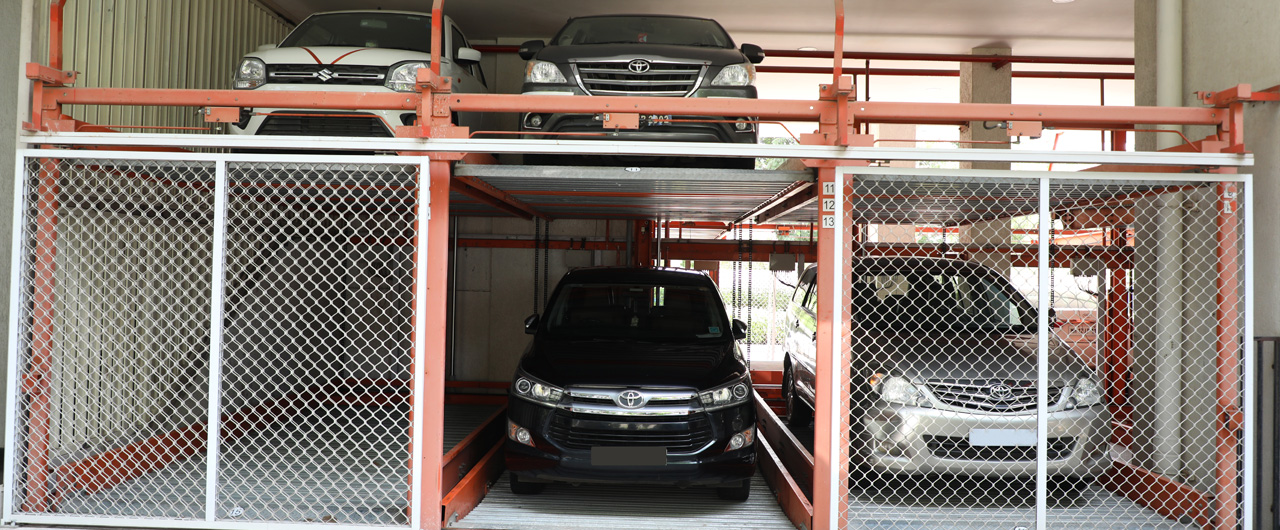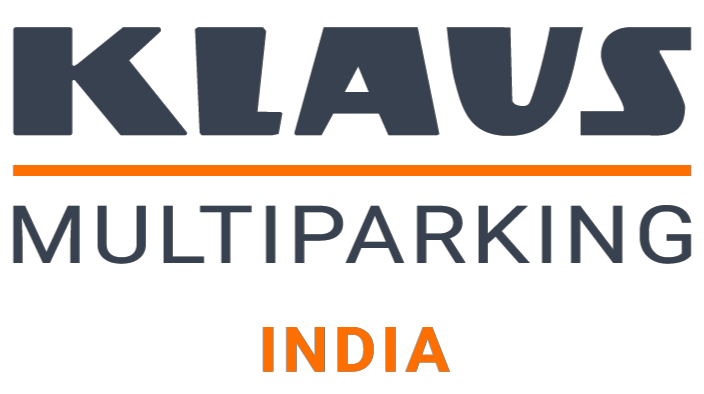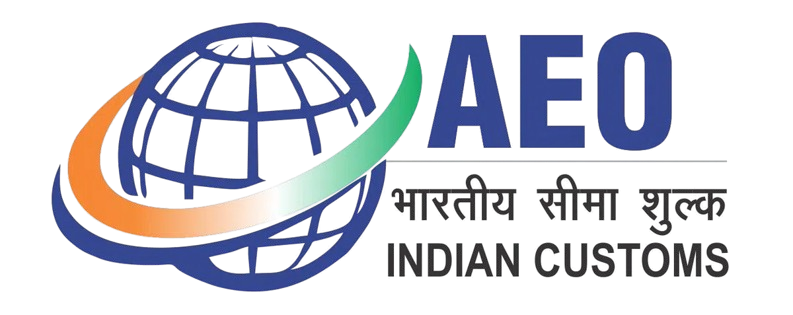Did you know that a commuter in Indian cities spends around 80+ hours every year looking for parking spaces?
The problem is – even as the number of vehicles is continuously increasing, parking space in Indian cities has remained constant or has reduced due to constant growth in the population. Today, issues such as traffic congestion, disproportionate demand and supply, environmental hazards, overcrowded footpaths, illegal parking, and criminal activities due to improper surveillance are not new to Indian cities.
Some of the most pressing parking problems facing Indian metropolises today are:
- Saturated parking spaces
One of the most common parking problems in the cities is the saturation of parking spaces. Vehicles continue to outnumber existing parking spaces. Most of the commercial and residential buildings do not have enough space for parking for the space owners, so they end up parking their vehicles on the road. Parks and vacant plots are used as potential parking spaces, thus decreasing the green spaces around the city.
- Unregulated tariffs
In India, there is no standardized tariff structure. Parking is either free or minimally priced, and the fees have been unregulated for a long time. But parking space is a scarce commodity today considering the populated cities and they should come with a price. A low parking price encourages more vehicles on the road, majorly contributing to air and noise pollution. This can be managed by charging the right price for it.
- Parking in residential areas
Residential apartments or commercial buildings in Indian cities often consider parking lots as a point of attraction for buyers. But all the parking spaces are not comfortably or spaciously built due to the scarcity of space. This can result in car damages while or during parking. Residents also often face spillover parking because of visitors and excessive vehicle ownership.
- Environmental degradation
Parking lots generally accumulate a lot of pollutants that do not get absorbed and get flushed into water bodies during the rains. They also contribute to the production of poisonous gases which adversely affect health. Unoccupied areas or parks are being used as parking spaces, which is taking a toll on the cities’ green areas.
The demand for parking in Indian metros is increasing day by day. Because of the limited land resources, it is very difficult to conveniently plan parking spaces according to demand. Instead of increasing available parking spaces, an effective and efficient technology-based solution must be used to optimize the use of available spaces. Smart parking solutions can provide both parking operators and drivers with a real-time map of available spaces, saving their time spent searching for a spot. It also reduces environmental degradation resulting from congestions caused by haphazard parking.
A multi-level parking system ensures maximum space utilization as multiple cars can be parked in the same amount of space. It also results in lower maintenance expenses and lesser operational and construction costs. This is an environment-friendly solution as it leaves more open spaces for landscaping and tree plantation.
KLAUS Multiparking System steps in to solve the parking chaos at the right time. KLAUS products range from Stack parking, Semi-Automatic Parking to Fully Automatic Parking systems. KLAUS Multiparking aims to provide its customers with easy availability, a simplified and quick parking process as well as security.
Shifting to semi-automatic multi-parking systems ensures that no other vehicle is parked in the close vicinity of your vehicle. This ensures that no damage or scratching occurs to the parked vehicle. KLAUS Multiparking solutions give you complete peace of mind as you do not have to waste your time looking for a parking space and do not have to worry about any damages.
What are you waiting for? Park and Smile with Klaus.









